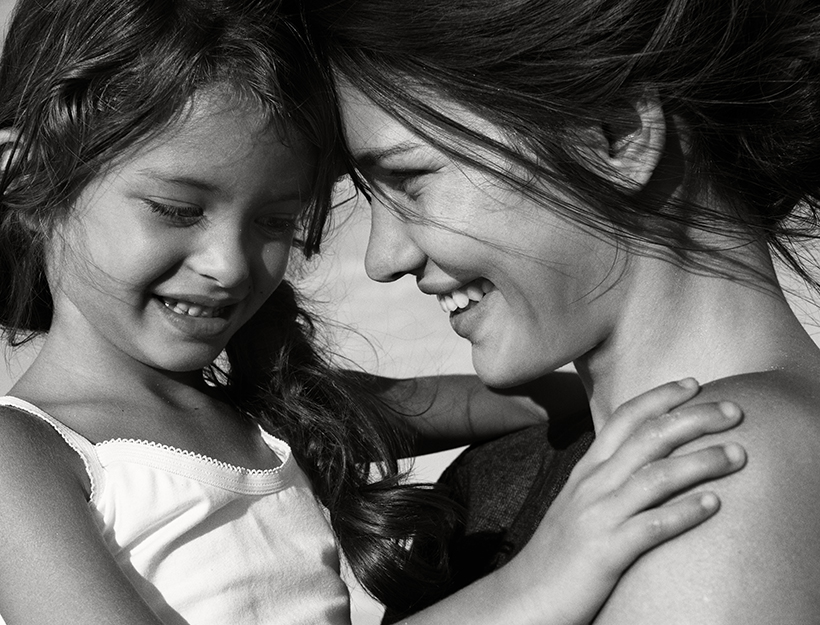Understanding and healing the mother wound is a deep and complex process that involves exploring the dynamics of the mother-child relationship and how it has shaped one’s sense of self and relationships with others. The mother wound can manifest in various ways, such as feelings of unworthiness, inadequacy, and lack of self-love. It can stem from experiences of neglect, emotional abuse, or unmet needs in childhood that leave lasting scars on one’s psyche. By delving into the origins of the mother wound and understanding its impact on one’s emotional well-being, individuals can begin the journey towards healing and self-discovery.
Healing the mother wound often requires a combination of self-reflection, therapy, and inner work to unpack and release the emotional pain and trauma that has been carried for years. This process involves acknowledging the pain, anger, and grief that may be buried deep within, and allowing oneself to feel and process these emotions in a healthy and safe way. It also involves challenging and reframing negative beliefs and patterns that have been ingrained from childhood, and learning to cultivate self-compassion, self-love, and self-acceptance.

In addition to individual healing work, it can be helpful to explore the impact of intergenerational trauma and societal expectations on the mother-child relationship. By examining how cultural norms and gender roles have influenced the dynamics of the mother-child relationship, individuals can gain a broader perspective on their own experiences and begin to break free from inherited patterns of dysfunction and pain. This can involve setting boundaries, asserting one’s needs, and redefining what it means to be a nurturing and supportive mother figure to oneself.
Understanding and healing the mother wound is a transformative journey that requires courage, vulnerability, and a willingness to confront the past in order to create a more empowered and authentic present. By doing the inner work and seeking support from therapists, healers, and community, individuals can begin to unravel the layers of pain and shame that have been carried for generations, and reclaim their sense of self-worth, wholeness, and inner peace. Ultimately, healing the mother wound is a profound act of self-love and liberation that can lead to greater emotional resilience, healthier relationships, and a deeper connection to one’s true self.
Exploring the Concept of the Mother Wound: An Introduction
The concept of the mother wound is a complex and often misunderstood topic that delves into the emotional, psychological, and relational impact that a person’s relationship with their mother can have on their adult life. This concept explores the ways in which early experiences with our mothers can shape our beliefs about ourselves, our worthiness, and our ability to form healthy relationships. The mother wound can manifest in various ways, such as feelings of inadequacy, guilt, shame, and unworthiness. It can also impact our ability to set boundaries, trust others, and express our emotions in a healthy way.
By exploring the concept of the mother wound, individuals can gain insight into their own personal experiences and begin to heal from past traumas. This process of self-exploration and healing can lead to greater self-awareness, self-compassion, and ultimately, a deeper sense of connection and fulfillment in their relationships with others. It is important to approach this topic with sensitivity and compassion, as many people may have experienced difficult or painful relationships with their mothers and may be struggling to come to terms with the impact it has had on their lives. Through open and honest dialogue, individuals can begin to unpack the layers of the mother wound and start on a journey towards healing and self-discovery.

Identifying the Signs and Symptoms of the Mother Wound
The Mother Wound is a concept that refers to the emotional pain and trauma that can result from a strained or unhealthy relationship with one’s mother. Identifying the signs and symptoms of the Mother Wound is crucial in order to begin the healing process. Some common signs of the Mother Wound include feelings of inadequacy, low self-esteem, difficulty setting boundaries, and a persistent sense of not being good enough. Individuals who have experienced the Mother Wound may also struggle with feelings of guilt, shame, and unworthiness. Physical symptoms such as anxiety, depression, and chronic stress can also be indicative of the Mother Wound.
It is important to recognize that the Mother Wound can manifest in various ways and may not always be obvious. In some cases, individuals may not even be aware that they are carrying this emotional burden. Therapy and counseling can be helpful in identifying and addressing the Mother Wound, as well as exploring ways to heal and rebuild a healthy relationship with oneself and others. By acknowledging and working through the pain and trauma associated with the Mother Wound, individuals can begin to heal and move towards a more fulfilling and authentic life.
Effective Strategies for Healing the Mother Wound
Healing the mother wound is a complex and deeply personal process that requires a combination of self-reflection, therapy, and support. One effective strategy is to engage in inner child work, which involves connecting with and nurturing the wounded inner child that may have been neglected or hurt by the mother figure. This can help individuals to process and release old wounds, and develop a sense of compassion and understanding towards themselves and their mothers.
Another important strategy is setting boundaries with the mother figure, establishing clear and healthy boundaries can help individuals to protect themselves from further emotional harm and create a sense of safety and autonomy. Additionally, practicing self-care and self-compassion is essential in healing the mother wound, as it helps individuals to cultivate a sense of worthiness and self-love that may have been lacking in childhood. Seeking support from a therapist or support group can also be beneficial in navigating the complex emotions and challenges that come with healing the mother wound. By utilizing these strategies and committing to the healing process, individuals can begin to heal old wounds, cultivate self-awareness and acceptance, and ultimately create healthier and more fulfilling relationships with themselves and their mothers.

The Long-Term Benefits of Addressing the Mother Wound
Addressing the mother wound can lead to numerous long-term benefits for individuals who have experienced trauma or emotional pain in their relationship with their mother. By acknowledging and working through the emotions and experiences related to the mother wound, individuals can experience increased self-awareness, self-acceptance, and self-compassion. This can lead to improved mental health, emotional well-being, and overall quality of life. By addressing the mother wound, individuals can also develop healthier and more fulfilling relationships with others, including their own children, partners, and friends.
Additionally, working through the mother wound can help individuals break free from patterns of behavior and thought that have been holding them back and preventing them from reaching their full potential. Ultimately, addressing the mother wound can lead to greater personal growth, healing, and transformation, allowing individuals to live more authentically and fully in the present moment. It is a journey that requires courage, vulnerability, and dedication, but the rewards are well worth the effort. By facing and healing the mother wound, individuals can create a brighter and more hopeful future for themselves and those around them.
